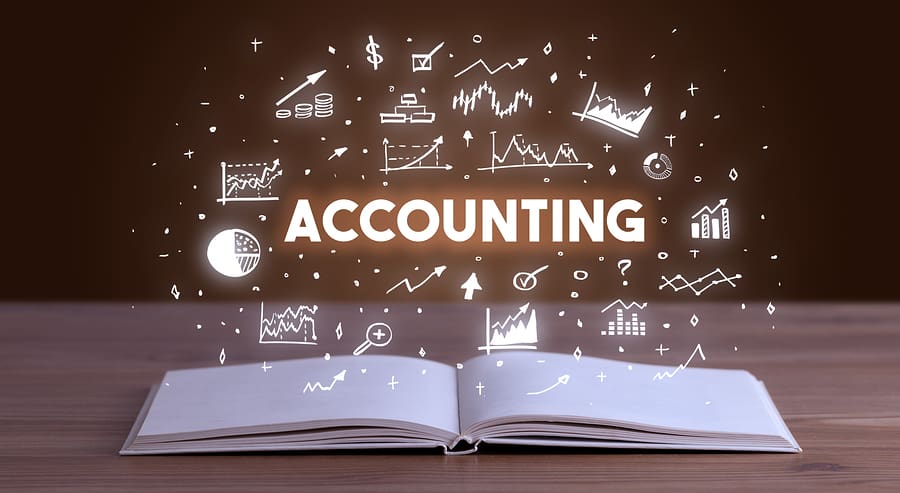Navigating the complex world of tax accounting is a crucial aspect of running a small business. Proper tax planning and accounting practices not only ensure compliance with regulations but also contribute to the financial health and sustainability of your business. In this article, we will explore essential tax accounting tips that every small business owner should be aware of, with the guidance of a knowledgeable accountant like the one at nexustas.com.au.

Important Tax Accounting Tips
1. Keep Accurate Records:
Accurate record-keeping is the foundation of sound tax accounting. Maintain organized and detailed records of all financial transactions, including income, expenses, receipts, and invoices. This not only helps during tax season but also provides valuable insights into your business’s financial health throughout the year.
2. Understand Business Deductions:
Take advantage of available business deductions to minimize your taxable income. Common deductions for small businesses include expenses related to home offices, business travel, office supplies, and equipment. Familiarize yourself with the tax code and consult with a tax professional to ensure you are maximizing eligible deductions.
3. Separate Personal and Business Finances:
Establishing a clear separation between personal and business finances is essential for accurate tax accounting. Open a separate business bank account and use dedicated business credit cards. This separation simplifies record-keeping, making it easier to track business expenses and income.
4. Choose the Right Business Structure:
The legal structure of your business (sole proprietorship, partnership, LLC, corporation, etc.) affects your tax liability. Each structure has its own tax implications, and selecting the right one can result in significant tax savings. Consult with a tax advisor to determine the most tax-efficient structure for your business.
5. Stay Informed About Tax Law Changes:
Tax laws are subject to change, and staying informed about updates is crucial for compliance. Follow relevant tax publications, attend workshops, and consider consulting a tax professional to ensure that your business is aware of and adhering to the latest tax regulations.
6. Consider Depreciation:
For businesses that invest in assets such as equipment, vehicles, or property, understanding depreciation is key. Depreciation allows you to deduct the cost of these assets over time. Work with your accountant to determine the appropriate depreciation method for your assets and take advantage of these deductions.
7. Utilize Tax Credits:
Explore available tax credits for small businesses. Tax credits can directly reduce your tax liability and may be available for activities such as hiring certain employees, investing in renewable energy, or providing employee benefits. Research and identify credits that apply to your business.
8. Plan for Estimated Taxes:
Small businesses often need to pay estimated taxes quarterly. Failure to do so can result in penalties. Calculate your estimated tax liability each quarter based on your expected income and expenses. This proactive approach helps you avoid year-end surprises and ensures compliance with tax payment obligations.
9. Invest in Professional Guidance:
While there are many resources available for small business owners to handle their taxes, seeking professional guidance is invaluable. A certified tax professional can provide personalized advice, help with strategic tax planning, and ensure that your business is taking advantage of all available tax-saving opportunities.
10. Review and Plan Year-Round:
Tax planning should not be limited to the weeks leading up to the tax deadline. Regularly review your financial situation throughout the year, assess any changes in your business, and adjust your tax strategy accordingly. Proactive planning minimizes the likelihood of errors and allows for timely adjustments to optimize your tax position.
Summary of Tax Accounting Tips
Navigating the intricacies of tax accounting is a critical aspect of small business management. By keeping accurate records, understanding deductions and credits, staying informed about tax law changes, and investing in professional guidance, small business owners can not only ensure compliance but also minimize their tax liability. Implementing these tax accounting tips will contribute to the financial stability and success of your small business in the long run.
About the Author
The author has been working as a website copywriter at a leading Perth solar company.
Useful Links: